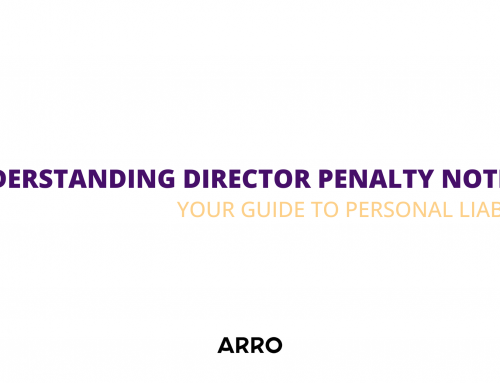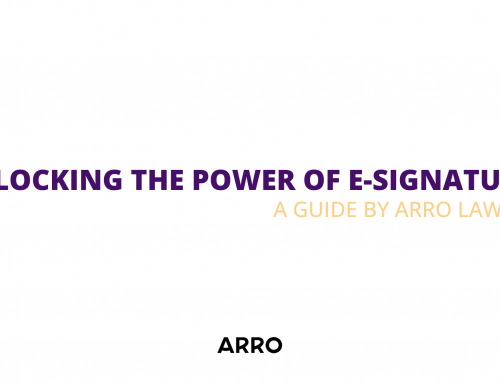The Federal Government has now introduced the Mandatory Code of Conduct and SME Commercial Leasing Principles (together, the “Code”) which imposes a set of good faith leasing principles for commercial tenancies between landlords and eligible business tenants.
The Code is to apply during the period in which the Job Keeper programme is operational (i.e. from 3 April 2020 onwards).
Whilst these new regulations have been announced by the Federal Government, they are not yet subject to formal legislation, and the Federal Government has, understandably, left the codification of these regulations to States and Territories (who ordinarily have jurisdiction over such matters). We expect State and Territories to adopt the Code and pass such legislation in the coming days.
The Code – Eligibility
The Code contains two (2) sets of core principles that are required to be followed by landlords and tenants, one set of overarching principles, and one set of fourteen (14) leasing principles.
The Code applies to eligible business tenants only. That is a tenant who must:
- Suffer financial distress or hardship as a result of the COVID-19 pandemic;
- Be eligible for the Commonwealth Government’s JobKeeper programmes (i.e. have experienced a 30% or greater reduction in revenue compared to the equivalent period last year); and
- Have a turnover of up to $50 million per year.
8 Key Need-To-Knows
Whilst we recommend all those affected by the Code read it in its entirety (see the link below), in order to assist a number of our clients we have summarised the Code in our 8 Key Need-To-Knows for SMB’s. They are:
- Landlords must not terminate leases due to non-payment of rent during the COVID-19 pandemic period and a reasonable subsequent recovery period.
- Tenant’s must remain committed to the terms of their lease, subject to any amendments to their tenancy, and any material failure to comply with substantive lease terms will result in a forfeit of the protections provided by the Code.
- Landlord’s must offer tenant’s a proportionate reduction in rent payable of up to 100% of amounts ordinarily payable by way of waivers and deferrals on a case-by-case basis based on the reduction in the tenant’s trade, noting that: Any reduction in rent by way of rental waiver may not be recouped by the landlord over the term of the tenancy; and Any reduction by way of rental waiver must constitute at least 50% of the total reduction in rent payable. (Tenants may waive the requirement for a 50% minimum waiver by agreement with the landlord)
- A landlord must pass on any reduction or benefit it receives in statutory charges (e.g. land tax, council rates, insurance) and deferral of loan payments, to tenants in appropriate proportions.
- Landlords should seek to waive, where appropriate, other expenses relating to the tenancy where the tenant is unable to trade from the leased premises.
- Landlord’s cannot draw on a tenant’s security deposit for non-payment of rent during the period of the COVID-19 pandemic.
- Landlord’s cannot apply any prohibition or levy any penalties if a tenant reduces its opening hours or ceases to trade from the leased premises.
- In the event landlord and tenants cannot reach agreement on leasing arrangements, then the matter is to be referred and subjected to applicable State or Territory retail/commercial leasing dispute resolution processes for a binding mediation (without using such processes to prolong or frustrate the facilitation of a resolution). We note that the Victorian Small Business Commissioner and Consumer Affairs Victoria have initiated a fast-track dispute resolution service in this regard.
For further information, you can read the Code, in full, here:
Concerns
The Code applies to commercial tenancies between landlords and eligible business tenants, for tenancies within the retail, office and industrial sectors. It follows that the Code does not apply to residential tenancies (although such residential tenants are protected from eviction – see below).
It is unclear to what extent the Code applies to licences of commercial property, that is where a commercial tenant occupies a property pursuant to a licence and not a lease or other form of tenancy.
Typically, a lease arises where a landlord grants a tenant the right to exclusive possession of a property, or part of a property, for a set period of time in consideration for payment of rent. In other words, the tenant of a lease obtains an interest in land. A licence does not confer any such benefit nor grant an interest in land and, to this extent, licences are merely contracts between an owner and an occupier that can ordinarily be terminated by the owner at any time in accordance with the terms of the licence.
On this basis, considering the legal characteristics of a licence compared to that of a lease, it is unlikely that the Code will apply to licences of commercial premises.
Notwithstanding the above, the Courts may seek to impose similar good faith obligations on landlords of residential tenants and tenants under licence, during the Covid-19 pandemic and for a reasonable recovery period afterwards.
Residential Tenancies
In addition to the Code, the Federal Government has also moved to place a six-month moratorium on evictions, applicable to both commercial and residential tenants in financial distress who are unable to meet their commitments due to the impact of the COVID-19 pandemic.
Although the commencement date of this 6-month period has not been announced, it is likely that such period has already commenced and will apply to any actions undertaken by landlords moving forward in relation to proposed eviction of tenants.
If you have any further questions, please don’t hesitate to get in touch.
In the meantime, the whole Arro team wish you well during these challenging times.




